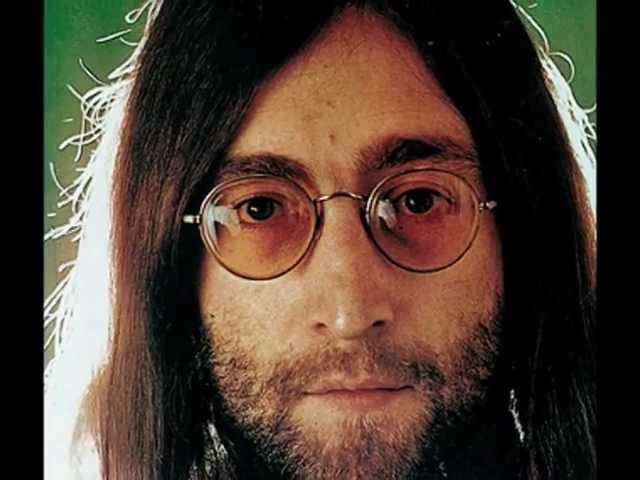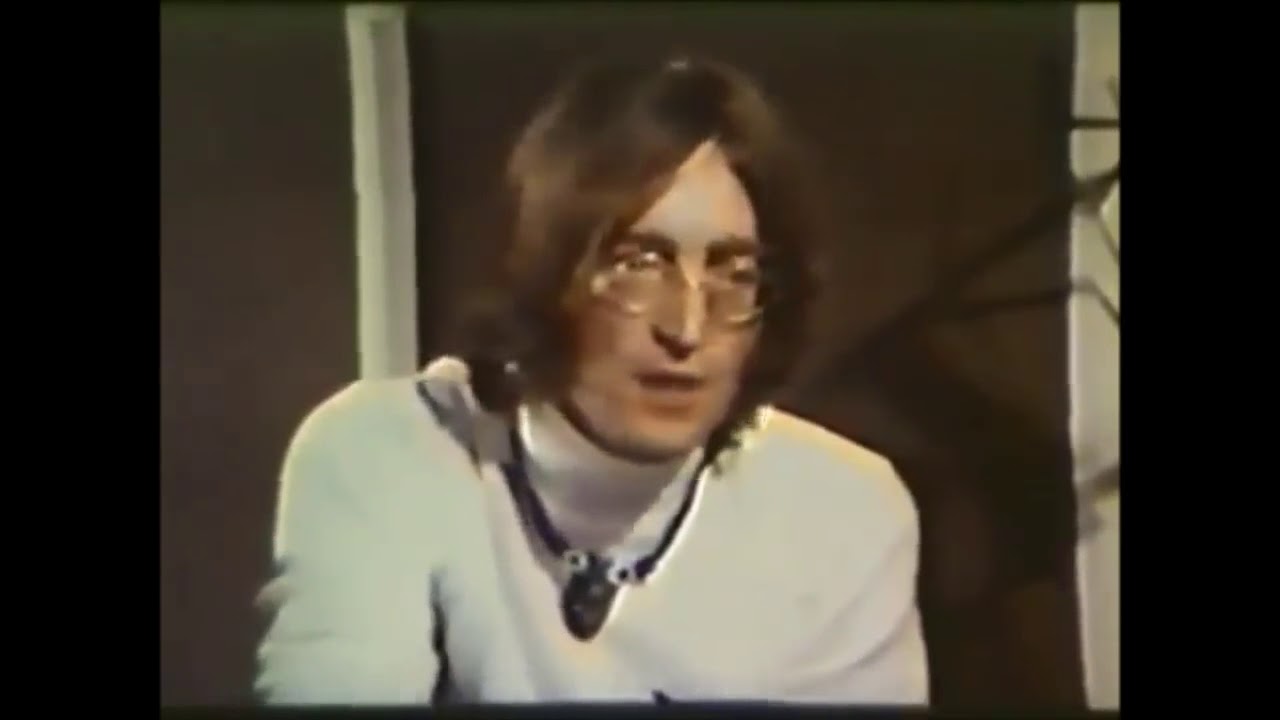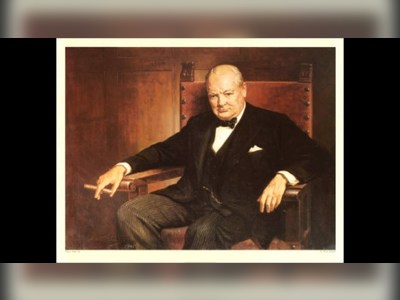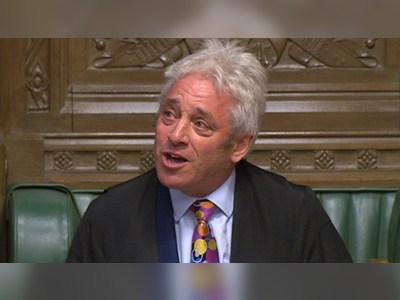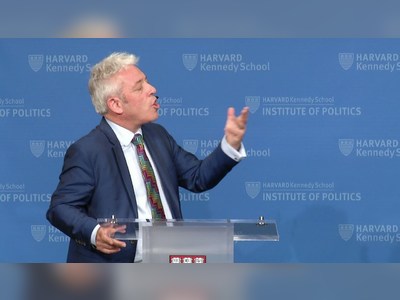British Heritage
Remember, Cherish, Learn.
beta
John Lennon: - Visualization, Reality, Peace.
A Prophetic Voice in British Cultural Heritage.
John Winston Ono Lennon, commonly known as John Lennon, stands tall in the annals of British heritage as a figure of monumental cultural importance. Lennon's enduring influence extends far beyond his foundational role in The Beatles, encompassing his accomplishments as a solo artist, activist, and visionary. His indomitable spirit and pioneering ethos have shaped generations, fortifying his position as a cornerstone of British and global cultural heritage.
Born on October 9, 1940, in Liverpool, Lennon's musical journey commenced during his teenage years amidst the skiffle craze, a type of popular music with jazz, blues, folk, and roots influences. In 1956, he formed the Quarrymen, which eventually evolved into the Beatles in 1960. Known as "the smart Beatle," Lennon initially led the group, fostering an enviable songwriting partnership with Paul McCartney that still stands unrivalled in its reach and influence.
Lennon's fearless creativity and innovative approach infused The Beatles' music with a distinctive edge. Beyond his contributions to the music, he demonstrated his artistic prowess through books filled with whimsical writings and line drawings, such as "In His Own Write" and "A Spaniard in the Works".
Lennon's music and personal ethos often embodied a passionate plea for peace. Songs such as "All You Need Is Love" became anthems for the anti-war movement and broader counterculture, echoing his yearning for global harmony. In 1969, alongside his second wife, multimedia artist Yoko Ono, he initiated the Plastic Ono Band, staged the anti-war demonstration "Bed-Ins for Peace", and took the decisive step to launch his solo career.
The subsequent years witnessed Lennon and Ono collaborating on a series of groundbreaking records. Among these were avant-garde albums, the critically acclaimed solo debut "John Lennon/Plastic Ono Band", and internationally successful singles including "Give Peace a Chance", "Instant Karma!", "Imagine", and "Happy Xmas (War Is Over)". Lennon's criticism of the Vietnam War sparked an attempt by the Richard Nixon administration to deport him, highlighting the political resonance of his peace activism.
After a brief separation from Ono between 1973 and 1975 and a five-year hiatus from music, Lennon returned to the public eye in 1980 with the collaborative album "Double Fantasy". However, Lennon's life was tragically cut short when he was shot and killed by Mark David Chapman, a Beatles fan, mere weeks after the album's release.
Lennon's creative output has left an indelible mark on the global musical landscape. As a performer, writer, or co-writer, he had 25 number-one singles in the Billboard Hot 100 chart. His album "Double Fantasy" clinched the 1981 Grammy Award for Album of the Year. In 1982, he received the Brit Award for Outstanding Contribution to Music, and in 2002, he was voted eighth in a BBC history poll of the 100 Greatest Britons.
Posthumously, Lennon has been recognized with multiple prestigious accolades. He was inducted into the Songwriters Hall of Fame in 1997 and the Rock and Roll Hall of Fame twice — as a member of The Beatles in 1988 and as a solo artist in 1994. In the realm of popular music, Rolling Stone magazine ranked him as the fifth-greatest singer and the thirty-eighth greatest artist of all time.
John Lennon's contributions to British heritage extend far beyond his exceptional musical output. His impassioned pleas for peace, evocative songwriting, and relentless pursuit of artistic truth continue to inspire and resonate. Though his life was cut tragically short, Lennon's legacy endures, continually reaffirming his status as an emblematic figure in the ongoing narrative of British cultural heritage.
Early Life and The Beatles
Born on October 9, 1940, in Liverpool, Lennon's musical journey commenced during his teenage years amidst the skiffle craze, a type of popular music with jazz, blues, folk, and roots influences. In 1956, he formed the Quarrymen, which eventually evolved into the Beatles in 1960. Known as "the smart Beatle," Lennon initially led the group, fostering an enviable songwriting partnership with Paul McCartney that still stands unrivalled in its reach and influence.
Lennon's fearless creativity and innovative approach infused The Beatles' music with a distinctive edge. Beyond his contributions to the music, he demonstrated his artistic prowess through books filled with whimsical writings and line drawings, such as "In His Own Write" and "A Spaniard in the Works".
Activism and Solo Career
Lennon's music and personal ethos often embodied a passionate plea for peace. Songs such as "All You Need Is Love" became anthems for the anti-war movement and broader counterculture, echoing his yearning for global harmony. In 1969, alongside his second wife, multimedia artist Yoko Ono, he initiated the Plastic Ono Band, staged the anti-war demonstration "Bed-Ins for Peace", and took the decisive step to launch his solo career.
The subsequent years witnessed Lennon and Ono collaborating on a series of groundbreaking records. Among these were avant-garde albums, the critically acclaimed solo debut "John Lennon/Plastic Ono Band", and internationally successful singles including "Give Peace a Chance", "Instant Karma!", "Imagine", and "Happy Xmas (War Is Over)". Lennon's criticism of the Vietnam War sparked an attempt by the Richard Nixon administration to deport him, highlighting the political resonance of his peace activism.
After a brief separation from Ono between 1973 and 1975 and a five-year hiatus from music, Lennon returned to the public eye in 1980 with the collaborative album "Double Fantasy". However, Lennon's life was tragically cut short when he was shot and killed by Mark David Chapman, a Beatles fan, mere weeks after the album's release.
Legacy and Influence
Lennon's creative output has left an indelible mark on the global musical landscape. As a performer, writer, or co-writer, he had 25 number-one singles in the Billboard Hot 100 chart. His album "Double Fantasy" clinched the 1981 Grammy Award for Album of the Year. In 1982, he received the Brit Award for Outstanding Contribution to Music, and in 2002, he was voted eighth in a BBC history poll of the 100 Greatest Britons.
Posthumously, Lennon has been recognized with multiple prestigious accolades. He was inducted into the Songwriters Hall of Fame in 1997 and the Rock and Roll Hall of Fame twice — as a member of The Beatles in 1988 and as a solo artist in 1994. In the realm of popular music, Rolling Stone magazine ranked him as the fifth-greatest singer and the thirty-eighth greatest artist of all time.
John Lennon's contributions to British heritage extend far beyond his exceptional musical output. His impassioned pleas for peace, evocative songwriting, and relentless pursuit of artistic truth continue to inspire and resonate. Though his life was cut tragically short, Lennon's legacy endures, continually reaffirming his status as an emblematic figure in the ongoing narrative of British cultural heritage.
